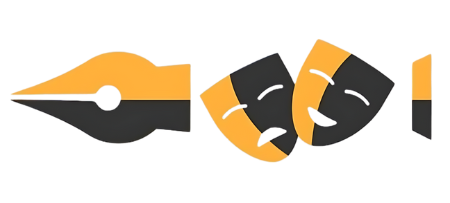Address- Englishpura, Sehore, M.P - 466001
📧careerlifeeducationweb@gmail.com
LIFE EDUCATION WEB
- Comprehensive Curriculum Guides: Provide detailed curriculum guides for various subjects and grade levels. This could include lesson plans, learning objectives, activities, and assessment resources.
- Interactive Lessons and Modules: Develop interactive online lessons, modules, or courses that engage students through multimedia elements, quizzes, simulations, and hands-on activities.
- Educational Videos and Tutorials: Create high-quality instructional videos and tutorials covering key concepts, skills, and techniques across different subjects.
- Digital Textbooks and Study Materials: Offer digital versions of textbooks, workbooks, and supplementary study materials that students can access online.
- Homework Help and Q&A Forums: Establish a section where students can ask questions, get homework help, and engage in discussions with teachers or subject matter experts.
- Educational Blogs and Articles: Publish informative and engaging blog posts or articles that delve into educational topics, teaching strategies, and learning tips.
- Assessment and Evaluation Tools: Provide online quizzes, tests, and assessments that allow students to evaluate their understanding and progress.
- Learning Paths and Personalized Recommendations: Develop personalized learning paths and recommendations based on students’ needs, interests, and learning styles.
- Educational Games and Simulations: Incorporate interactive educational games, simulations, and virtual experiments to make learning more engaging and fun.
- Teacher Resources and Professional Development: Offer resources, tools, and professional development opportunities for educators to enhance their teaching skills and stay up-to-date with the latest educational trends.
